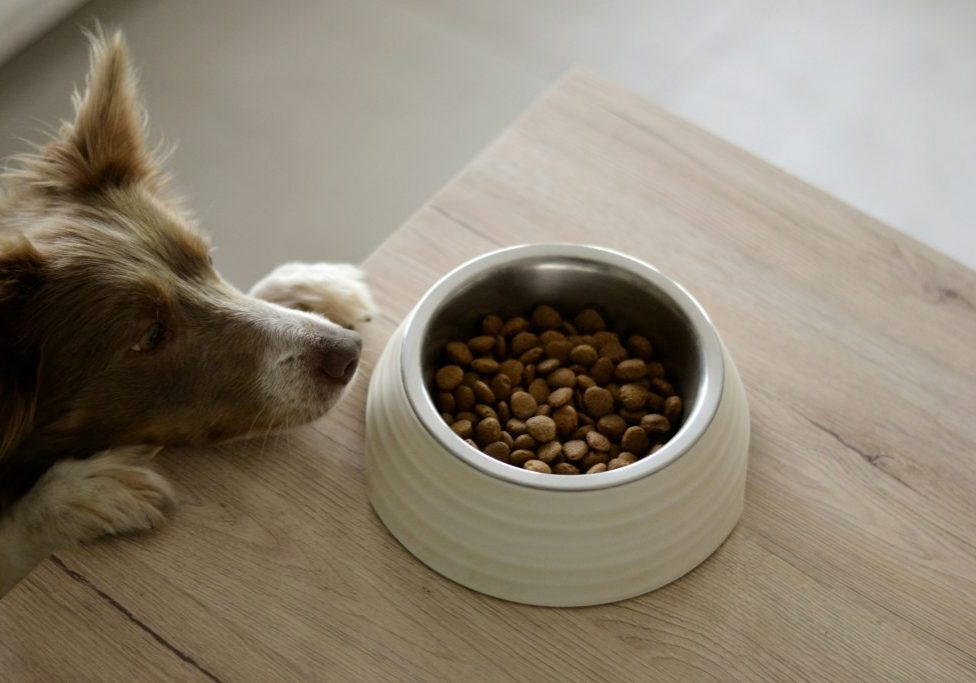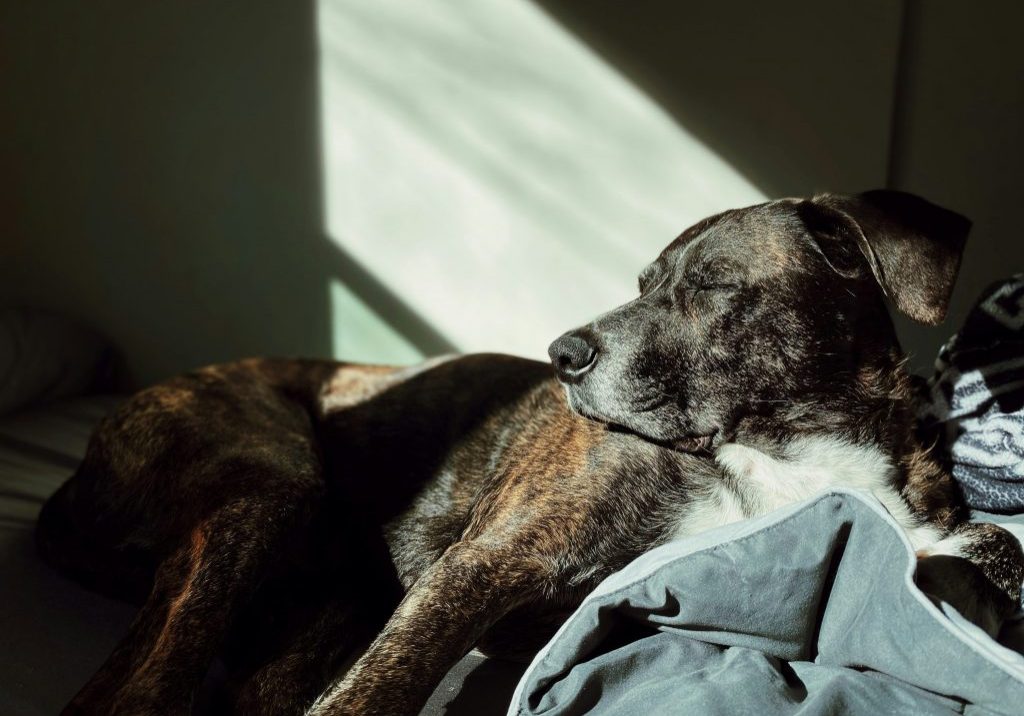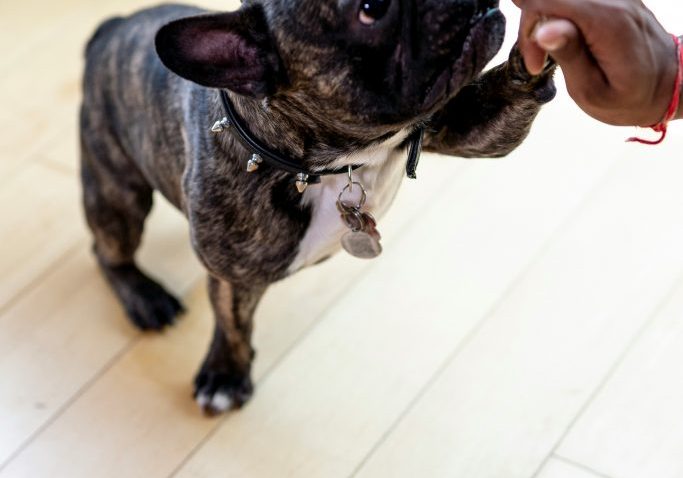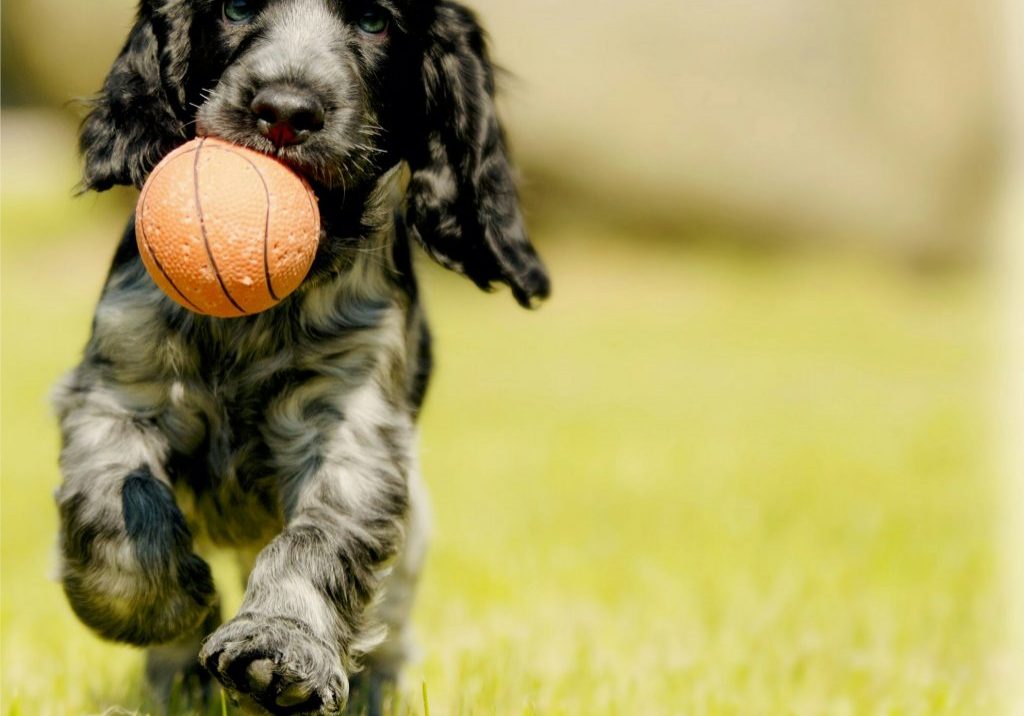Diet Changes for an Ageing Dog
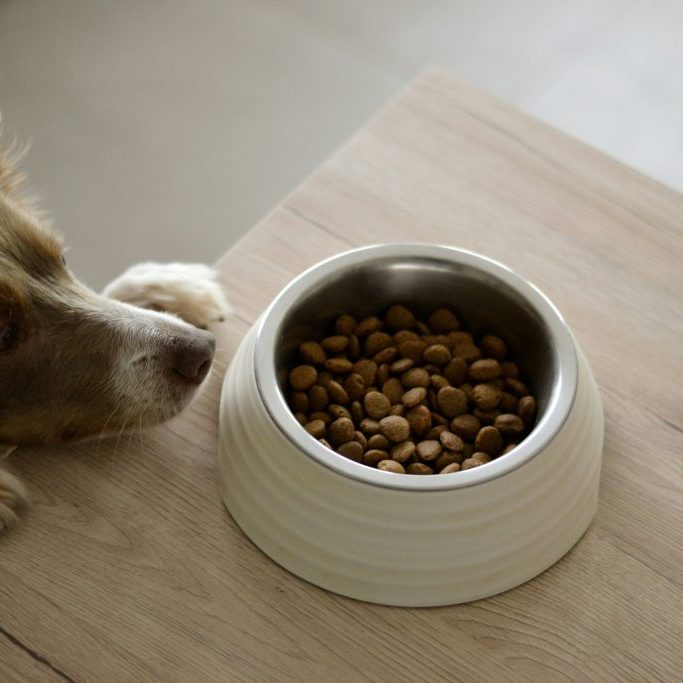
hwllo-sniffer.co.uk/diet-changes-for-an-ageing-dog
December 9, 2024
Sniffer_Admin
As dogs grow older, their needs evolve, and this includes their diet. What worked for a sprightly pup or an energetic adult may not be the best fit for a senior dog. Adjusting their nutrition can help them maintain health, energy, and quality of life as they age. Let’s explore what changes you might need to make and why they matter.
Why Your Dog’s Diet Needs to Change
Ageing affects dogs in many ways—slower metabolisms, joint issues, and even changes in appetite. A tailored diet can address these needs and help prevent common age-related problems.
Older dogs often experience:
- Slower Metabolism: They don’t burn energy as quickly and may gain weight if their food portions stay the same.
- Joint Stiffness: Arthritis and mobility issues are common, and diet can play a role in managing these.
- Digestive Changes: Their stomach might be less tolerant of certain ingredients.
- Weaker Immune Systems: Proper nutrition can bolster their defences against illness.
Adjusting their diet is a proactive way to support their changing body and keep them feeling their best.
Switching to Senior Dog Food
Many brands offer specially formulated senior dog food that caters to the unique needs of ageing dogs. These options often have fewer calories, more fibre, and additional nutrients for joint and organ health.
Look for food that includes:
- Omega-3 Fatty Acids: Great for joint health and reducing inflammation.
- Glucosamine and Chondroitin: Helps support cartilage and mobility.
- Antioxidants: Boost the immune system and combat cellular damage.
- Fibre: Keeps digestion running smoothly.
Pro Tip: Gradually transition to new food over a week or so to avoid upsetting their stomach.
Managing Portion Sizes
One of the biggest dietary shifts for senior dogs is controlling their calorie intake. Weight gain puts unnecessary strain on joints and increases the risk of health issues like diabetes.
- Smaller Portions: Adjust serving sizes based on their activity levels.
- Monitor Treats: Those tasty extras can quickly add up—choose low-calorie options and keep them occasional.
- Measure Meals: Using a measuring cup ensures consistency and prevents accidental overfeeding.
Hydration is Key
Older dogs can sometimes forget to drink as much water as they need, but staying hydrated is crucial, especially for kidney health.
- Encourage Drinking: Keep fresh water easily accessible, and consider a water fountain if they’re drawn to running water.
- Moist Food Options: Wet or semi-moist food can add hydration, especially if they’re not keen on drinking enough.
Supplements to Consider
Sometimes, food alone isn’t enough to meet all of your dog’s nutritional needs. Supplements can fill in the gaps and provide targeted support for common senior concerns.
- Fish Oil: Great for their skin, coat, and joints.
- Probiotics: Helps with digestion and keeps their gut healthy.
- Vitamins E and C: Support brain health and may slow cognitive decline.
Check with your vet before adding anything new to their diet to ensure it’s appropriate for their specific needs.
Adjusting for Dental Health
Dental issues are a frequent challenge for ageing dogs, and they can make eating harder. If your dog struggles with chewing, it might be time to rethink the texture of their meals.
- Softened Kibble: Add warm water or broth to dry food to make it easier to chew.
- Switch to Wet Food: This can be a gentler option for dogs with sensitive teeth or gums.
- Dental Chews: These can support oral hygiene if they’re still able to manage firmer treats.
Keeping up with dental care through brushing or professional cleanings also goes a long way.
Watching for Food Sensitivities
As dogs age, they can develop sensitivities to certain ingredients. Foods they previously tolerated might start causing issues like upset stomachs, gas, or itchy skin.
- Trial and Error: If symptoms appear, try switching to a diet with simpler, more digestible ingredients.
- Avoid Common Allergens: Some senior dogs develop sensitivities to grains, chicken, or beef.
Your vet can guide you in finding the best diet for managing sensitivities or allergies. Check our guide for foods that could harm your dog.
Tailoring Their Diet for Specific Health Conditions
Some older dogs develop chronic conditions that require special dietary considerations. Whether it’s kidney disease, diabetes, or heart issues, there are targeted diets that can help manage these problems.
- Kidney Support: Lower protein and phosphorous levels can ease strain on the kidneys.
- Heart Health: Low-sodium diets are better for maintaining healthy circulation.
- Diabetes Management: Consistent, low-glycemic meals can regulate blood sugar.
Always consult your vet if your dog has a medical condition to ensure their diet supports their treatment plan.
Keeping Meal Times Consistent
Older dogs often thrive on routine. Feeding them at the same times each day can provide comfort and help regulate their digestion.
- Split Meals: Offering two or three smaller meals instead of one large portion can be easier for them to handle.
- Stick to a Schedule: Regular mealtimes reduce the risk of overfeeding and help with their metabolism.
Monitoring Your Dog’s Weight and Health
Once you’ve made changes to your dog’s diet, keep an eye on how they respond. Weight gain, weight loss, or changes in energy levels are all signs that something might need adjusting.
- Weigh Them Regularly: Check their weight every few weeks to ensure they’re maintaining a healthy balance.
- Watch for Symptoms: Lethargy, vomiting, or diarrhoea might mean a certain food isn’t agreeing with them.
Celebrate the Golden Years
Adjusting your dog’s diet is a small step that makes a big difference in their quality of life. As they age, their love and loyalty remain constant, and your care means everything to them. By tailoring their nutrition to their changing needs, you’re giving them the best chance to stay healthy, active, and happy for as long as possible.
Enjoy every moment of these golden years—after all, they’re called “man’s best friend” for a reason.


